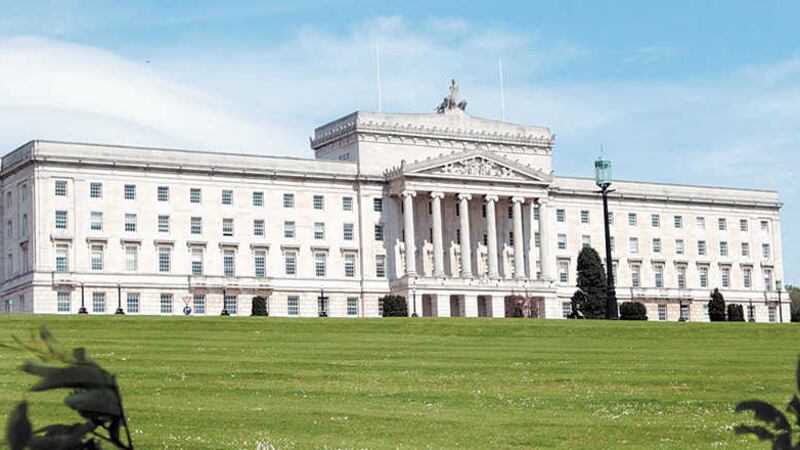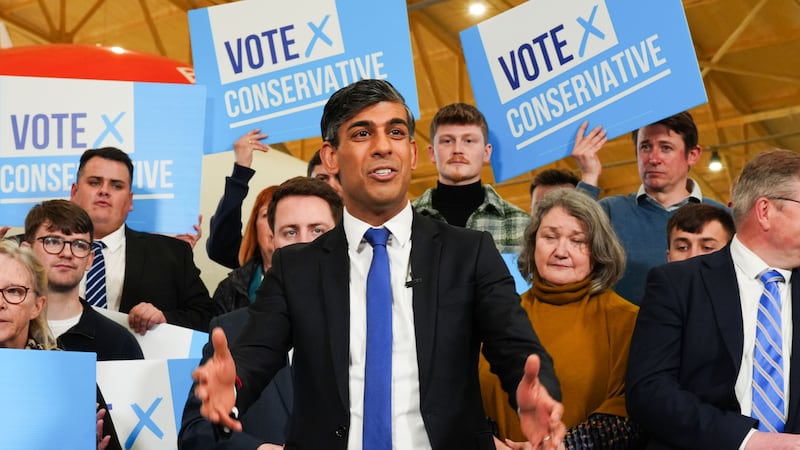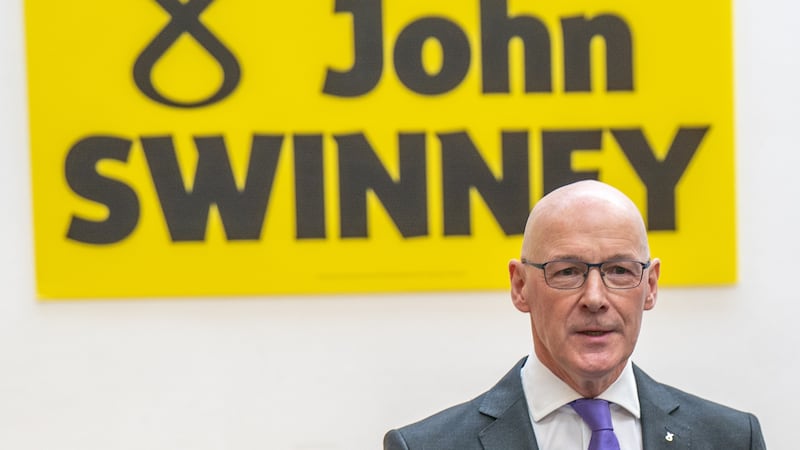THE cyclical nature of politics in the north was best illustrated this week by the amount of times the term 'déjà vu' cropped up in analysis of the latest crisis. Déjà vu refers to the sensation that we have seen something before and no doubt on numerous occasions over the past decade-and-a-half we've witnessed unionists getting outraged and threatening all sorts of sanctions over the actions of republicans.
Since the signing of the Good Friday Agreement in 1998 it seems we have lurched from one crisis to another. Arguably, the most stable period of government was between 2002-07 when Stormont was suspended and direct rule was in place.
Next week, just over eight months since the beaming but exhausted Theresa Villiers and Charlie Flanagan declared the Stormont House Agreement done, the parties are being brought together again in the hope of thrashing out fresh deal. While everything from the pre-Christmas agreement is understood to be back on the table, there really are only two contentious issues – welfare and rebuilding trust between unionists and republicans in the wake of the Kevin McGuigan murder.
They are not intractable matters but they will inevitably involve compromise on all sides. The mood music ahead of the chief constable's revelations two weeks ago about the McGuigan killing suggested some resolution to the welfare impasse may have been in the offing but the discussions which went on over the summer were overtaken by other events.
Finding an immediate solution to address fresh unionist concerns about continued paramilitary activity will be more difficult, however. It seems apparent that Peter Robinson, for whatever reason, does not want to collapse the institutions any time soon yet he must secure enough support to avoid accusations of a rolling over, while at the same time not marginalising Sinn Féin too much.
As yet, we have no indication of the talks timeframe or a even the venue but at least we can be reassured that, while the parties are talking, the situation is not deteriorating.
Process rather than progress is what has characterised Stormont in recent years; seemingly endless rounds of negotiations but very few outcomes. Perhaps it's time we just lowered our expectations and learned to regard terminal instability as new stability.








